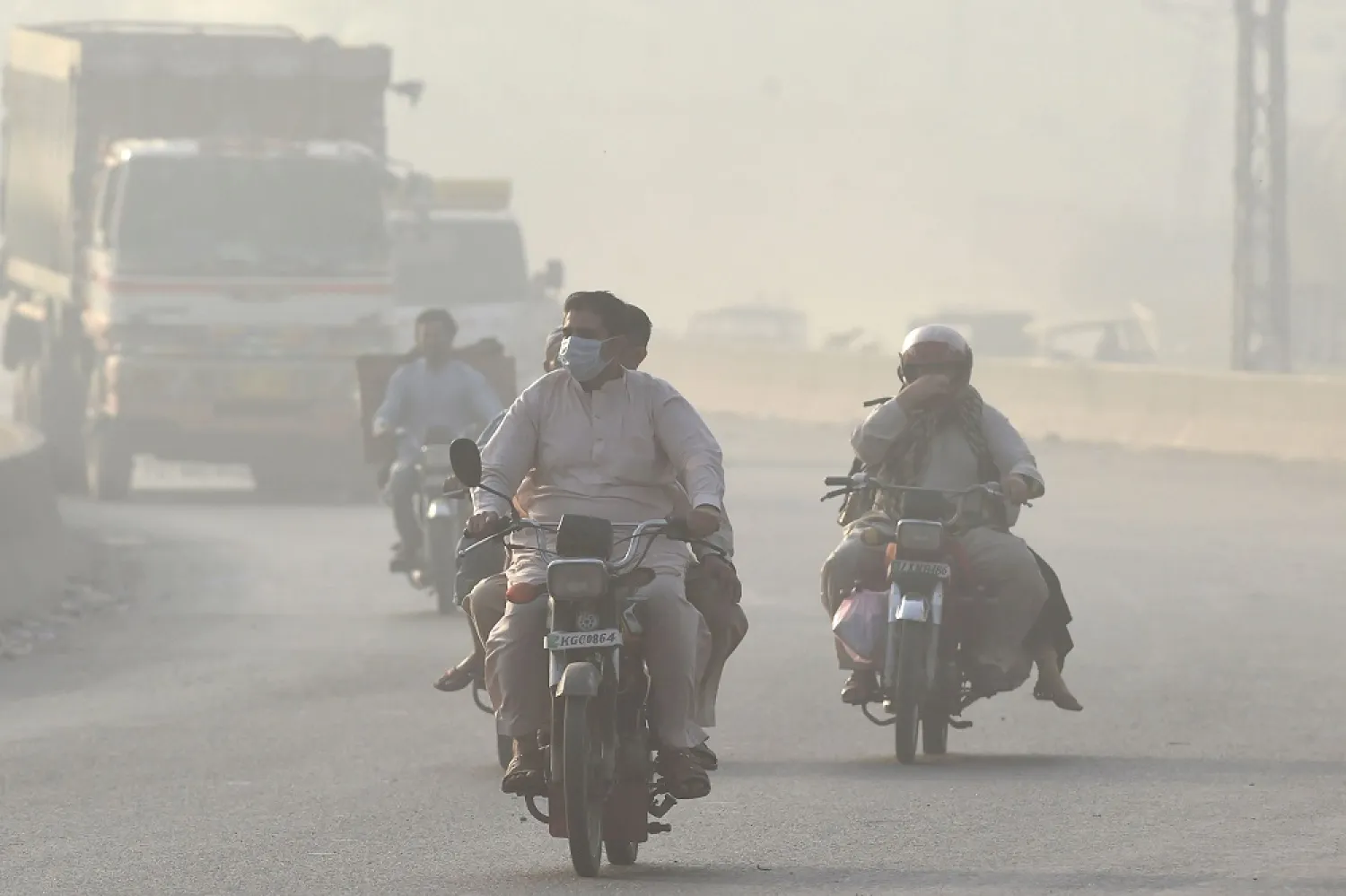A speeding bus veered off a narrow mountain road and plummeted into a ravine in a remote area of southwest Pakistan on Wednesday, killing 18 passengers including women and children, a government official said.
The accident happened in the district of Qilla Saifullah in Baluchistan province.
Deputy District Administrator Mohammad Qasim said rescuers were still trying to transport the bodies to a nearby hospital. There were apparently no survivors, he added.
The exact cause of the crash was not immediately known.
Authorities said the weather was fine at the time of the crash, and that police officers were looking into possible mechanical problems or human error as witnesses said the bus appeared to be speeding when it lost control and fell into a ravine.
Pakistan’s President Arif Alvi and other government officials expressed sorrow over the tragic accident, and ordered authorities to make arrangements to deliver the bodies of passengers to their families.
Deadly road accidents such as this one are common in Pakistan due to poor road infrastructure and disregard for traffic laws, as well as poorly maintained vehicles.
In July of last year, a jam-packed bus carrying mostly laborers traveling home for a major Muslim holiday rammed into a container truck on a busy highway in central Pakistan, killing at least 33 people.









